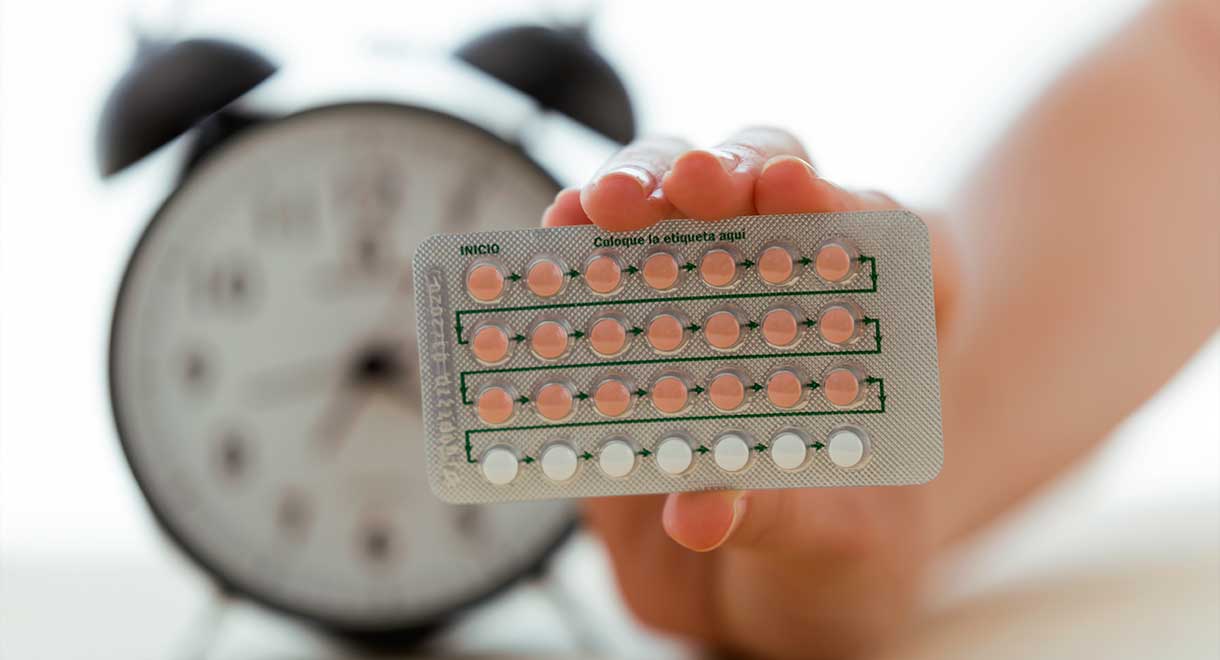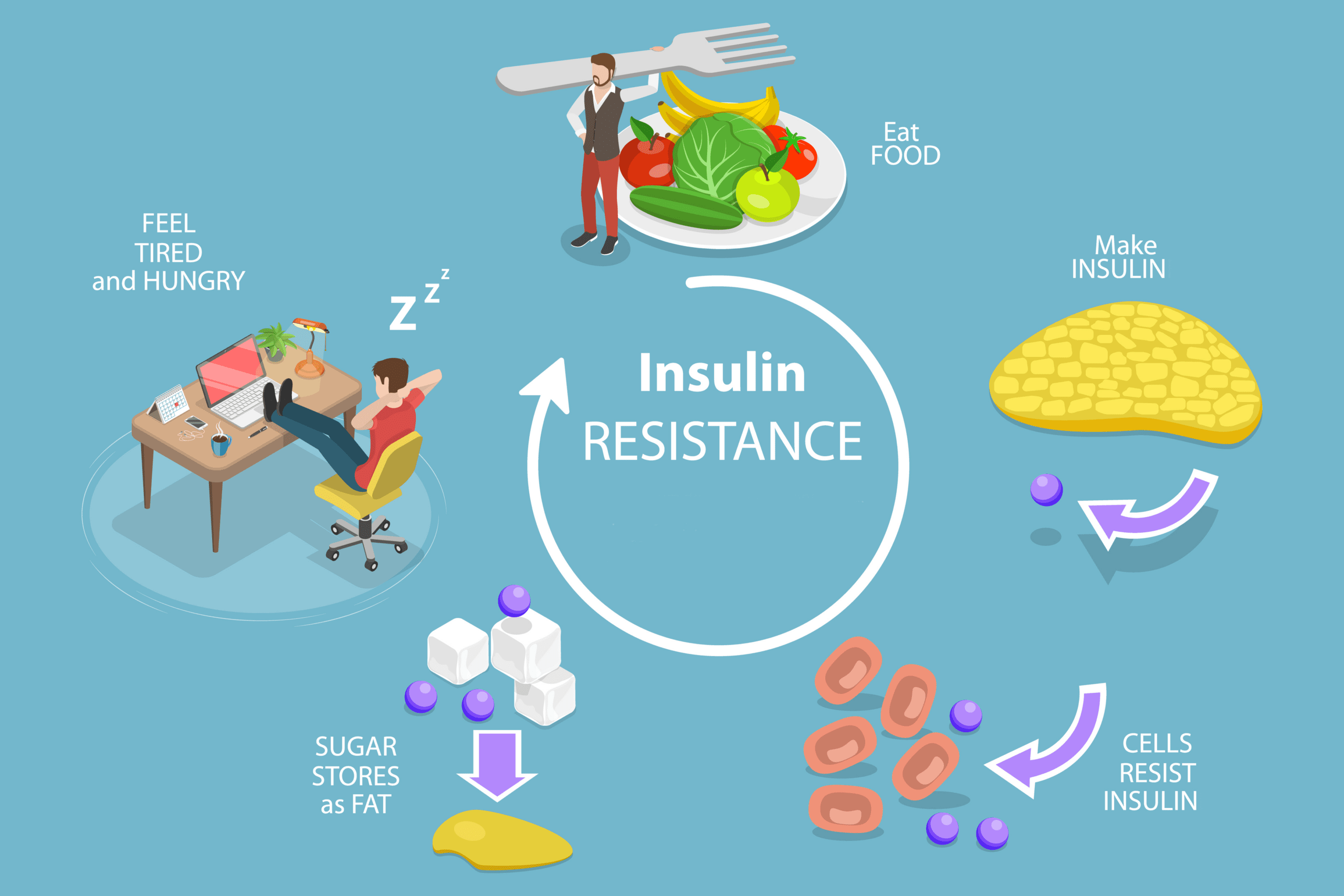Hormonal contraceptives may raise the risk of gestational diabetes
By naturopath Margaret Jasinska
New research has shown that women who take hormonal contraceptives, such as the pill before becoming pregnant are more likely to develop diabetes during pregnancy.
Researchers came to this conclusion when they analysed data from 2,741 women in the Missouri Pregnancy Risk Assessment Monitoring System. Each woman in the study was questioned about the type of contraceptive method she used. Women who had taken hormonal contraceptives were 1.43 times more likely to develop gestational diabetes during pregnancy compared to women who had not taken those contraceptives.
This doesn’t seem like a significant increased risk, but gestational diabetes is escalating at a frightening pace. The main risk factors include being overweight, having syndrome X (insulin resistance) and being older than 30. That covers a vast number of women.


What is gestational diabetes?
Gestational diabetes is a temporary form of diabetes that occurs in three to eight percent of pregnant women who did not previously have diabetes. The disease usually disappears after the baby is born, but women with the condition are at much greater risk of developing type 2 diabetes later in their life. Since the year 2000, the number of pregnant women in New South Wales with gestational diabetes has quadrupled.
High blood sugar can be dangerous to the developing foetus, therefore blood sugar tests are performed frequently in pregnant women. Most cases of gestational diabetes can be managed with diet changes, but some women need to inject insulin. Unfortunately tablets for diabetes can’t be taken during pregnancy, so insulin is the only way to control elevated blood sugar if diet isn’t sufficient.
How can the pill increase the risk?
The contraceptive pill contains a type of synthetic progesterone. There are several different versions of synthetic progesterones (called progestagens). Some progestagens have male hormone like actions in the body. This can be a problem because these synthetic hormones can create or aggravate syndrome X in susceptible women. They can also trigger abdominal weight gain, scalp hair loss, greasy skin and acne. The types of progestagens to watch out for are levo-norgestrel and norethisterone.
Therefore, if you’re prone to abdominal weight gain or you have a family history of type 2 diabetes, it’s probably best to avoid those types of contraceptives. Alternatives would be contraceptives that contain the more feminine or neutral types of progestagens called desogestrel or gestodene. Then of course there are also non-hormonal contraceptives such as an IUD.
It’s also important to try and achieve a healthy weight before falling pregnant, and adopt healthy eating and lifestyle habits. That way, if you gain extra weight while pregnant, it shouldn’t become a health risk.
For more information on optimising your health before pregnancy, see our book Infertility: The Hidden Causes, and how to overcome them naturally. If you would like to arrange a consultation with Margaret Jasinska, you can contact her by email.
Source:
Madia JV and Bolt B. Hormonal birth control and gestational diabetes connected in recent study of contraceptives. Study released July 17, 2014 by the Centers for Disease Control and Prevention.









Leave A Comment